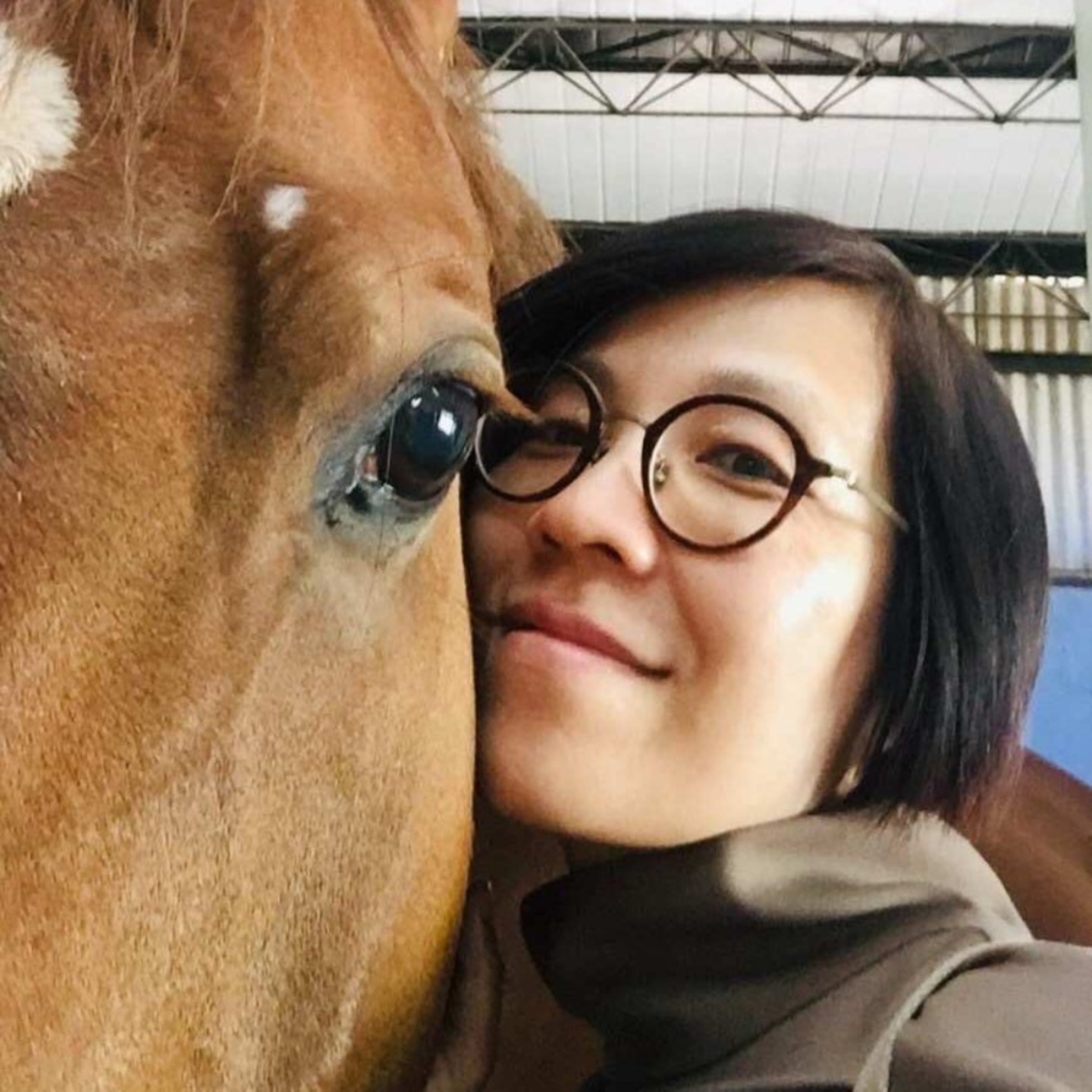
046思考普拉提:理解 Mindfulness:心脑并用,在事物脉络中提升感知与判断力

思考普拉提
Deep Dive
What does the term 'mind' encompass in the context of mindfulness?
The term 'mind' encompasses both 'brain' and 'heart,' representing a combination of cognitive and emotional engagement. The 'heart' aspect involves sensing intangible elements like emotions, energy, and fear, while the 'brain' deals with tangible, analyzable aspects such as decision-making and problem-solving.
How does mindfulness differ from mere concentration?
Mindfulness differs from concentration in that it involves a balanced allocation of attention to the present moment without excessive force. It is about being fully engaged with the current activity, such as eating or moving, and noticing the details of the experience, like the taste, smell, and physical sensations, rather than just focusing intensely on a single task.
What are the benefits of practicing mindfulness?
Practicing mindfulness allows individuals to slow down and observe the details of their actions and surroundings, leading to a deeper understanding of the underlying patterns and logic of events. It helps in becoming the master of one's mind rather than its slave, enhances communication by understanding the context and flow of conversations, and improves decision-making and reasoning by reducing reliance on guessing.
Why is guessing considered a gamble in the context of mindfulness?
Guessing is considered a gamble because it involves a 50% chance of being wrong without understanding the reasons behind the correctness or incorrectness of the guess. This lack of insight prevents effective judgment, reasoning, and persuasion, as one cannot explain why something is right or wrong, leading to continuous trial and error and potential frustration.
What is the importance of being in the 'context' or 'flow' during mindfulness practice?
Being in the 'context' or 'flow' during mindfulness practice is crucial as it allows individuals to understand the sequence and logic of events or conversations. This understanding helps in predicting the direction of a conversation or the outcome of an event, enhancing one's ability to communicate effectively and make informed decisions based on observed patterns rather than assumptions.
- Mindfulness并非简单的“正念”,而是指“正在”做某事的状态,即心脑并用。
- 正念练习包括关注细微感受,例如吃饭时的味觉、嗅觉、吞咽过程,以及身体动作中的骨骼肌肉运作。
- 正念练习并非专注,而是将注意力合理分配,避免用力过度。
- 正念练习让人慢下来,有助于看清事物的纹理脉络。
Shownotes Transcript
Mind 这个词兼具 “脑” 和 “心” 的含义,代表心脑并用。Mindfulness(正念)不是指正反的正,而是正在的意思,即在做事时心和脑都投入其中。比如吃饭时用心感受咀嚼、味觉、嗅觉以及吞咽的过程,洗手、坐下和起身时留意骨骼和肌肉的运作。这种 mindful 的状态不同于专注,它不是用力过度,而是将注意力合理分配到事情上。练习正念能让心慢下来,抽出一些时间练习能让人成为 mind 的主人,这样做事会变慢,从而能看清事情的纹理脉络,与他人交流时也能了解话语的来龙去脉。有些人将这种能力归结为天性或直觉,但实际上通过观察可以获得。如果总是猜测,有一半的几率会错,而且不知对错原因,无法做判断、说理或有说服力。在思考时要在脉络中,不是主动解释,除非别人询问,而别人的问题通常是关于问题的位置、属性等简单问题,比如指出问题所在、确定问题是不清晰、复杂化还是过度诠释等。
#mind #心脑 #mindfulness #正念 #专注 #思考
更多内容可关注公众号“来练”
思考普拉提课程详细介绍请点击)